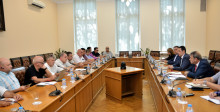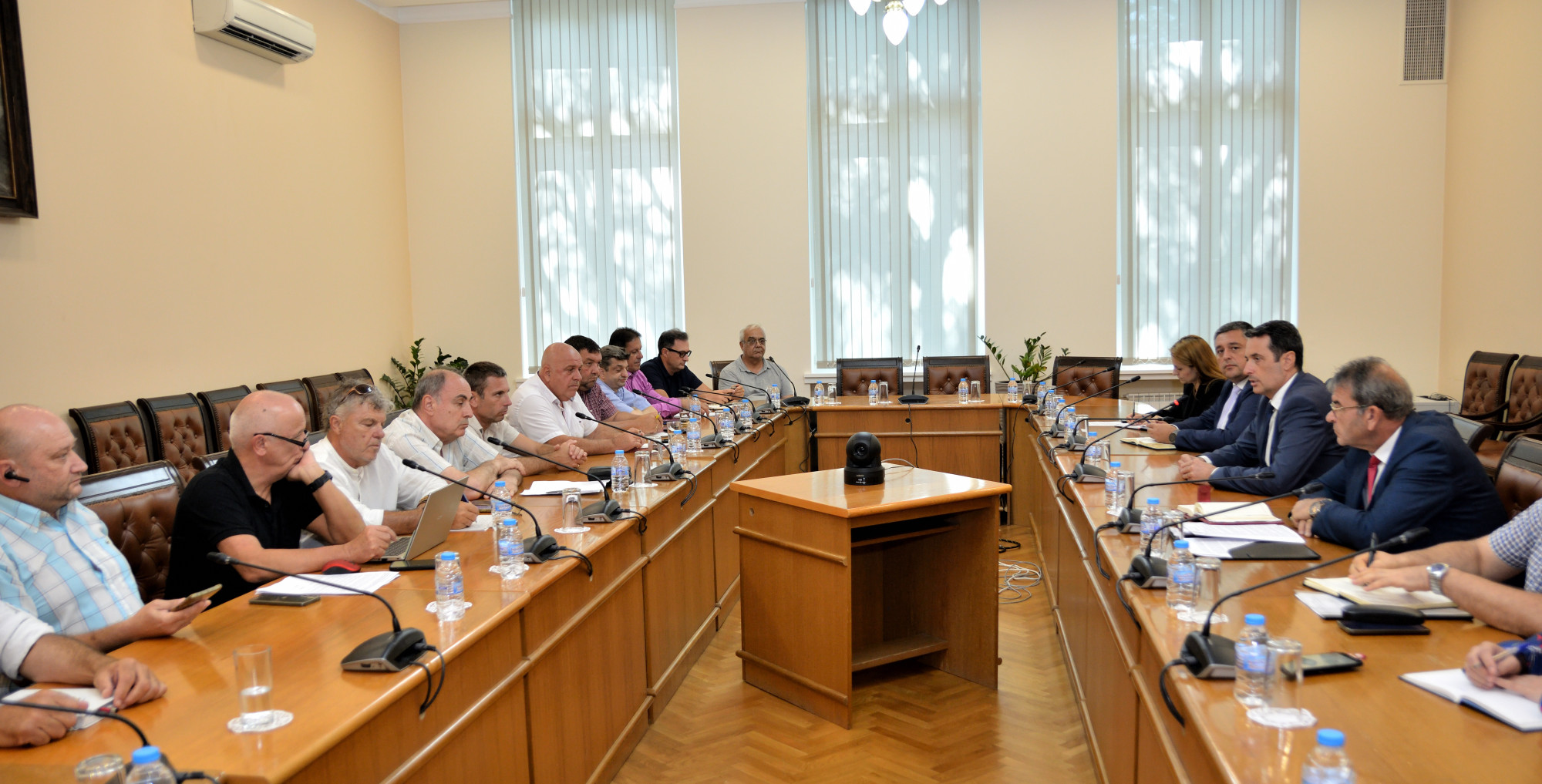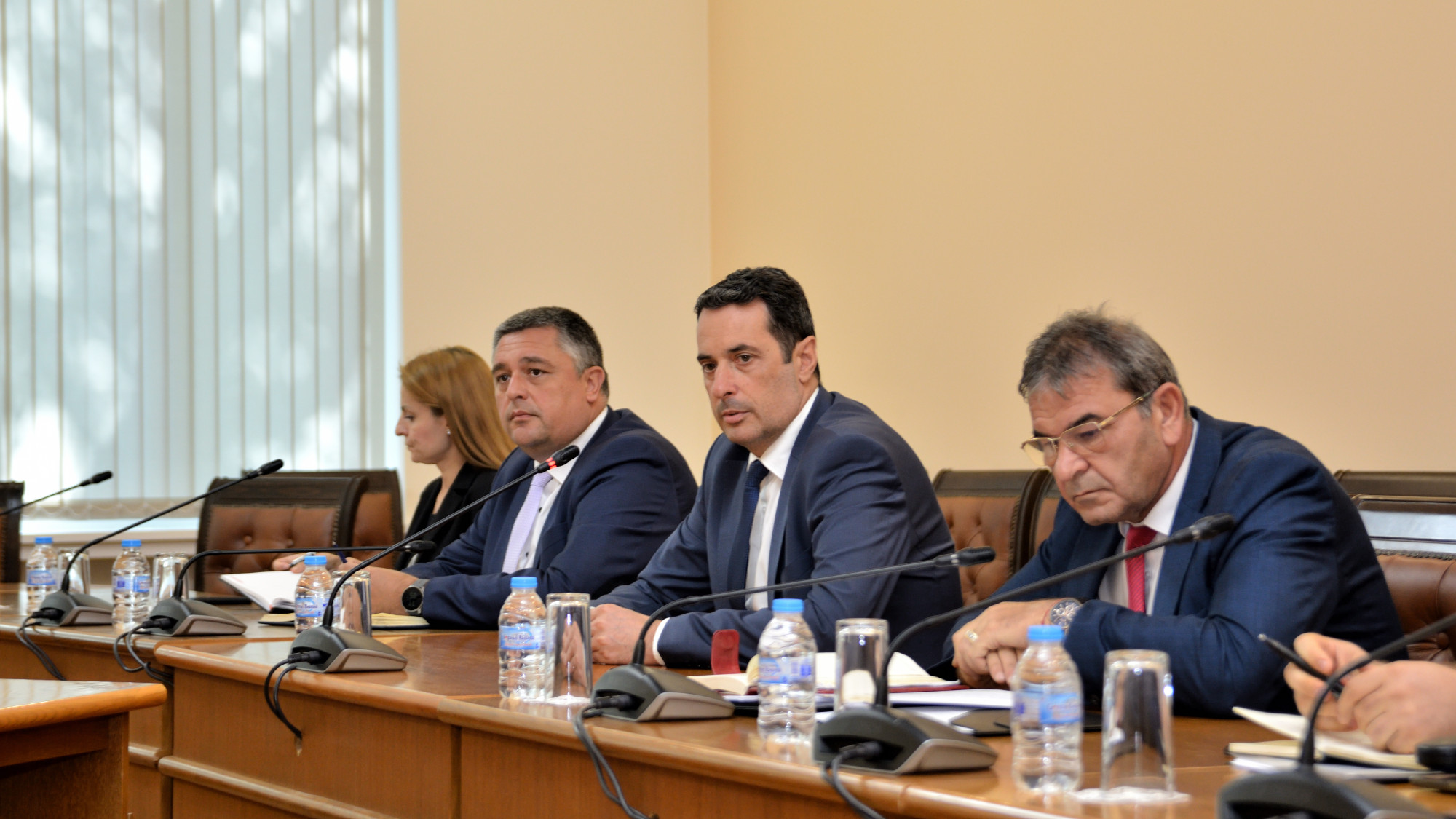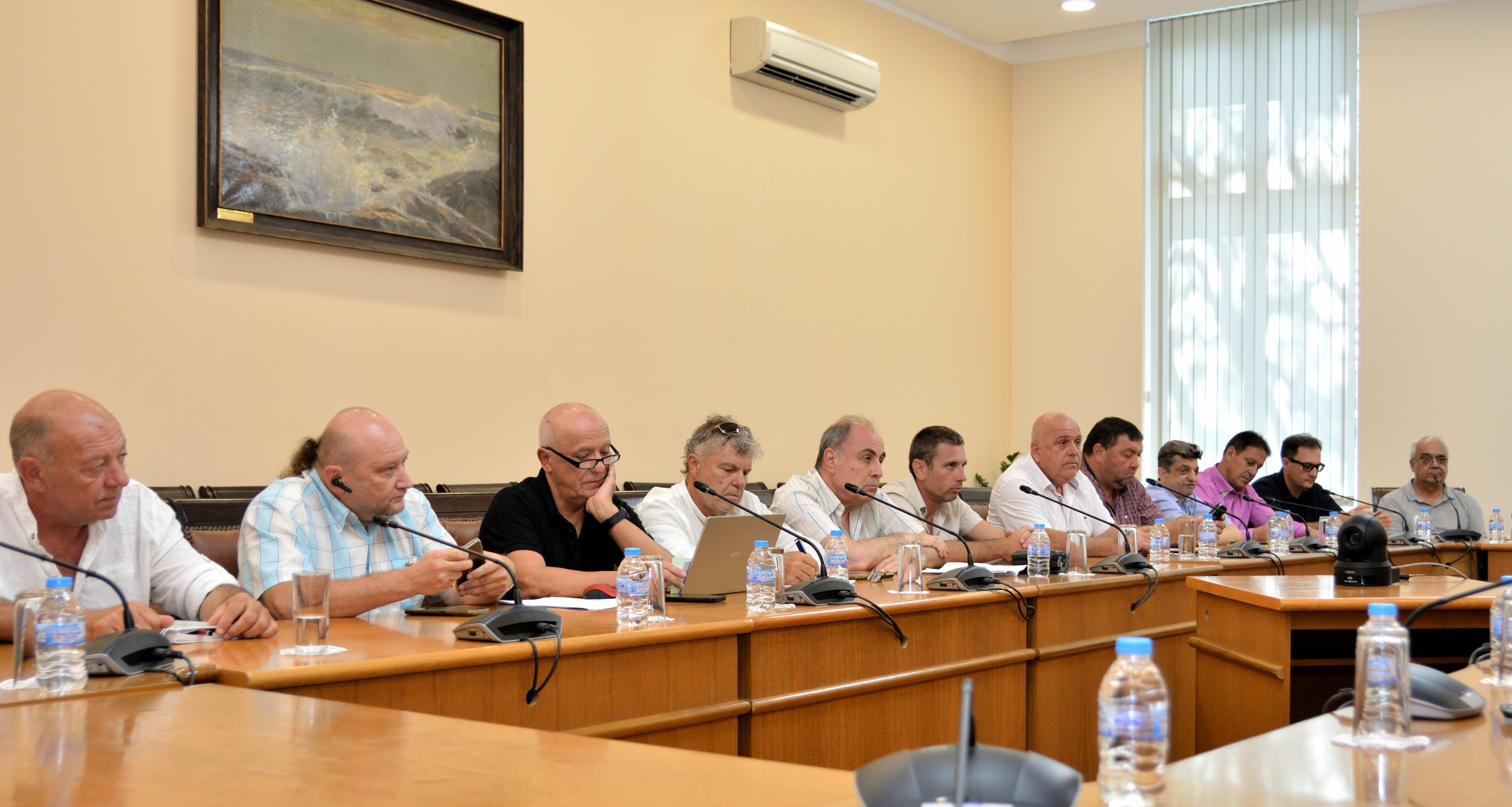The Minister of Transport and Communications Georgi Gvozdeykov discussed with representatives of the industry the proposed changes to Ordinance No 37 and Ordinance No 38, regulating the conditions and procedure for the training and examination of candidates for the acquisition of driving licence.
‘By digitalizing the services and activities in driver training, especially the replacement of paper logbooks and cards with electronic ones, we aim to modernize the training process and make it transparent and competitive’, Minister Georgi Gvozdeykov said. He pointed out that the state has a commitment to provide modern mechanisms and capabilities to monitor and control training to ensure that the stages of training are passed and all hours are taken.
‘At the moment, the documentation for each trainee is kept on paper by the training centres and could easily be manipulated, and control over these processes is extremely difficult. After the digitalization of the documents, they will be accessible to teachers, students and control bodies in the Executive Agency ‘Road Transport Administration’, the Transport Minister pointed out. He was adamant that the proposed changes were not intended to make the job of auto-training teachers more difficult, but to make it easier. A period of development and testing of the system is also planned before it is actually put into use, the minister noted.
During the meeting the representatives of the branch organisations did not reach a consensus on the proposed innovations, some of them being in favour and others expressing their reservations towards the introduction of electronic diaries and files, defending the view that they prefer to continue working with paper documents.
We would like to remind you that the regulations were published in the Public Consultation Portal of the Council of Ministers — https://strategy.bg/ on 11 June 2024 with a one-month public consultation period which expired on 11 July 2024. Currently, all contributions received in the course of the public consultation are being examined and discussed in detail, after which the texts will be sent to the competent institutions for coordination.




